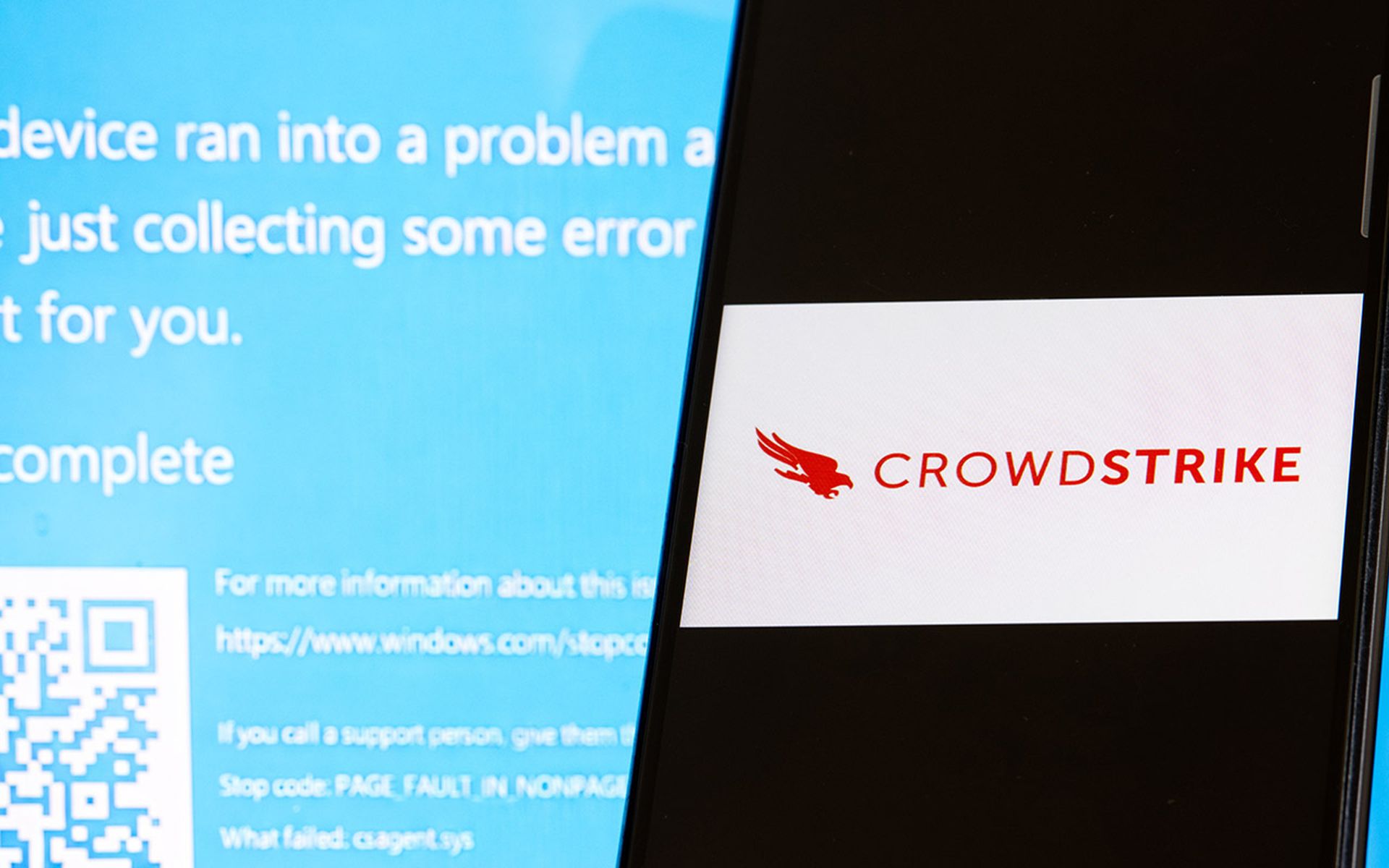It isn’t business as usual for the telco anymore. Challenging market conditions have forced telcos to transform their business and operating models. Agile and flexible business processes are essential to success in the market.
BSS (business support systems) are at the core of the telco’s business; so, it is essential that BSS managed services providers (MSPs) review their current approach to their CSP (communications service provider) engagements.
The CSP network and services have evolved
The launch of digital services marks a new era for telcos and so brings new urgency to telcos’ engagements with their BSS managed services providers. To succeed as digital service providers, telcos need to prioritize their focus to improve customer experience, and so must evolve their business and operational processes to deliver the quality of service and experience that customers expect. Siloed front-end BSS (billing and charging, mediation, partner management, ordering, self-service, and CRM) must be integrated to ensure overall visibility of operations.
To make these changes, telcos must shift from a systems-focused approach to an end-to-end service-oriented approach. As a result, telco engagements with their software and IT service partners will evolve; BSS software will play a more critical role and telcos will look beyond the business systems to the impact of these systems on their network. Amdocs leads the field along with Ericsson, Huawei, and Netcracker. Given their telecoms expertise and managed services specialization, these companies are best placed to help CSPs with their BSS managed services applications.
Current market conditions present opportunities for BSS managed services
Digital transformation needs to become an immediate and critical objective for CSPs. It ensures the delivery of service agility and flexibility − key drivers for success in the digital space. Digital transformation, which involves the adoption of new digital technologies such as cloud, analytics, mobility, and social, enables:
- faster service design, development, delivery, and tear-down
- real-time data processing and insights
- automated business processes
- end-to-end service assurance and user experience management
- BSS systems that can keep pace with change.
However, the legacy systems that drove the telco business in previous years create a complex situation for telcos looking to transform their operational models. Approximately two-thirds of CSP executives claim they lack the end-to-end view of business processes and centralized data sources needed to operate and respond to the demands of the digital ecosystem. Manual operations need to be automated to ensure consistency in service delivery, eliminating issues related to processes that require human intervention.
While telcos may lack the capabilities to achieve the business transformation required to support new services, BSS managed services providers have the opportunity to hone their skills to help telcos manage their software infrastructure effectively. They must be ready to manage whole business processes and not just the systems involved in these processes. The testing and automation of these systems must become a core part of all managed services engagements to ensure that the required business objectives of improved customer experience and loyalty are achieved.
Ovum Knowledge Center subscribers can read more here. Not an Ovum customer but would like to find out more, contact us.
Adaora Okeleke is an analyst covering telecom operations and IT for Ovum. Read more Ovum blogs here.





